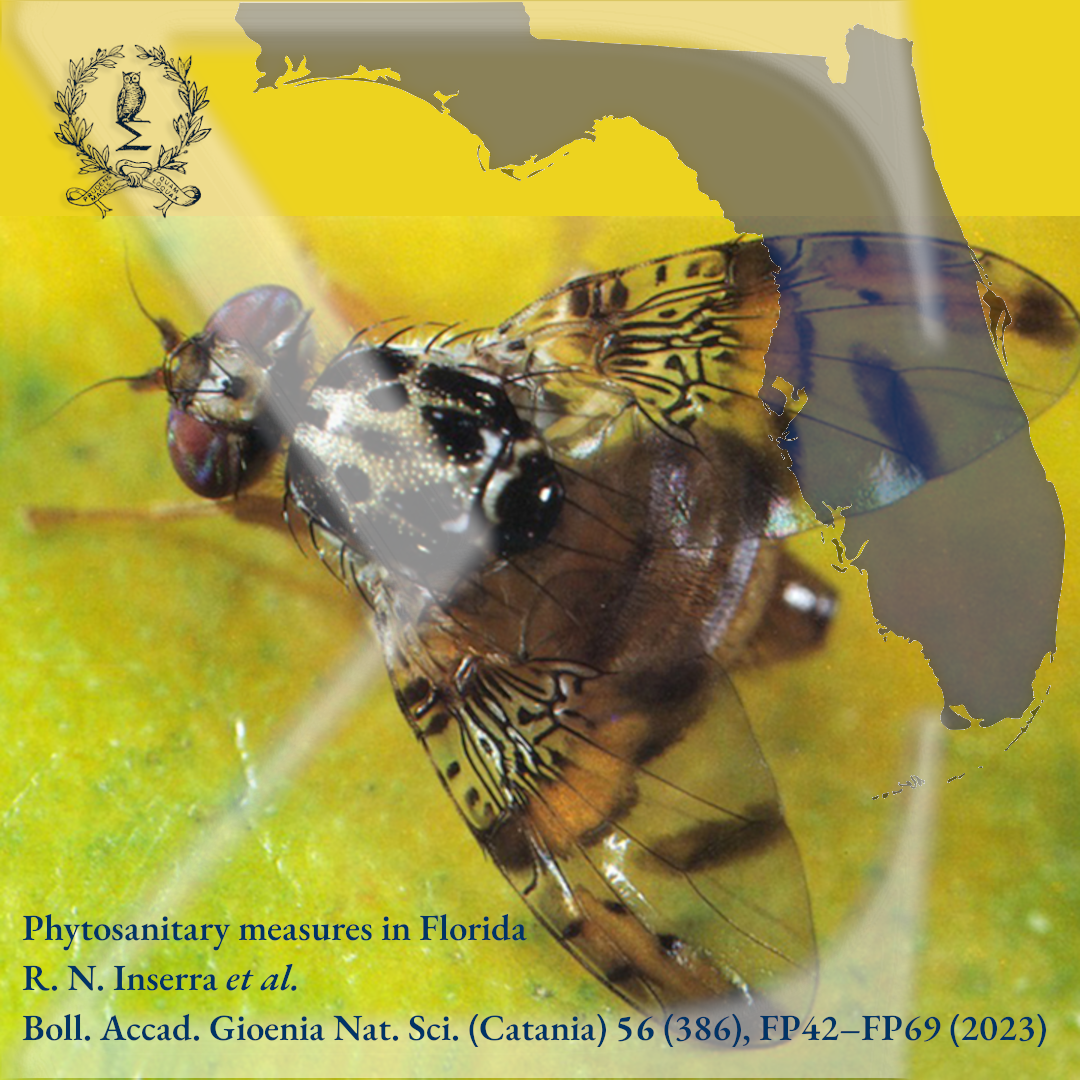Phytosanitary measures and certifications programs implemented in Florida
Abstract
The geographic and climatic conditions of Florida make the state vulnerable to damaging exotic organisms. This risk is compounded by the intense trade of agricultural products arriving through numerous ports of entry in the state and the tourism industry, with at least 115 million visitors annually. For over 100 years, the Florida Department of Agriculture and Consumer Services' Division of Plant Industry (FDACS-DPI), known as the Florida State Plant Board from 1915-1960, has implemented regulatory programs to protect Florida's diverse agricultural industries from damaging exotic organisms (Tissot et al., 1954). These unwanted organisms include phytoparasitic invertebrates such as arthropods, mollusks, and nematodes, and, also, plant pathogens and invasive plants. Many of these programs have been effective in preventing the establishment of or eradicating severe pests such as the Mediterranean [Ceratitis capitata (Wiedemann)] Oriental [Bactrocera dorsalis (Hendel)] and West Indian [Anastrepha obliqua (Macquart)] fruit flies, boll weevil [Anthonomus grandis Boheman], cotton seed bug [Oxycarenus hyalinipennis (Costa)] and the giant African snail [Lissachatina fulica (Bowdich)], which, at present, is under eradication in central Florida. Florida remains free from some pests through a permanent monitoring system, which, in the case of the fruit flies, is based on traps, baits, and mass release of sterile flies. When eradication is not feasible for a newly introduced pest, the spread of these exotic organisms is limited or controlled by certification programs designed to maintain pest-free propagative plant material and the release of biological control agents. These programs are very costly and require the commitment and dedication of regulatory officials, the support of growers, and public awareness of the risk that damaging exotic pests pose to agriculture and the state's economy.


